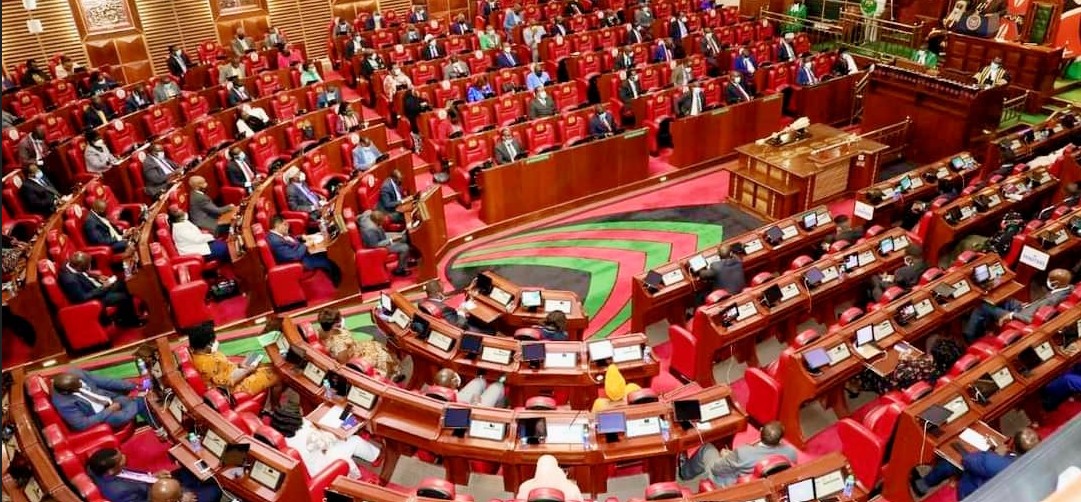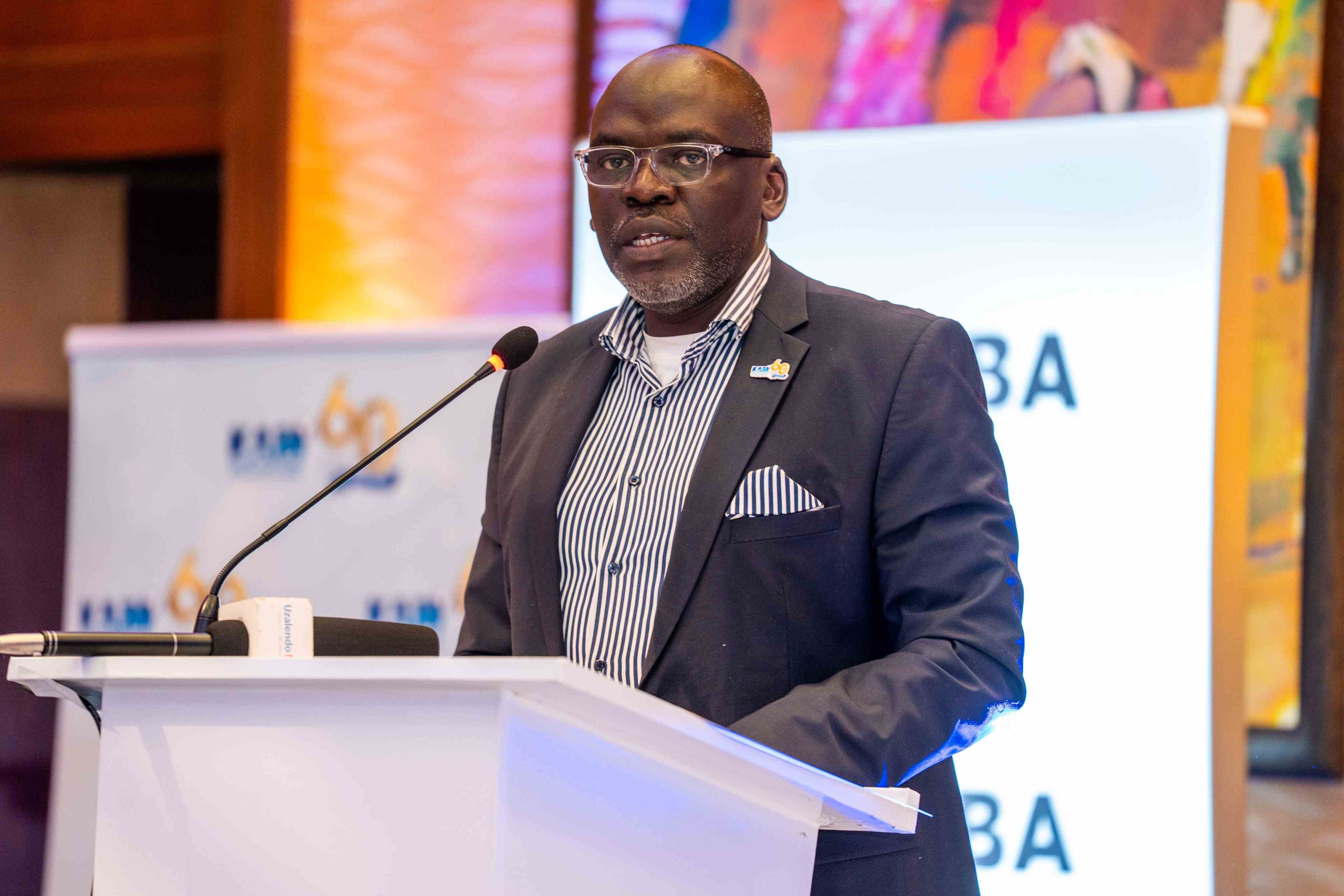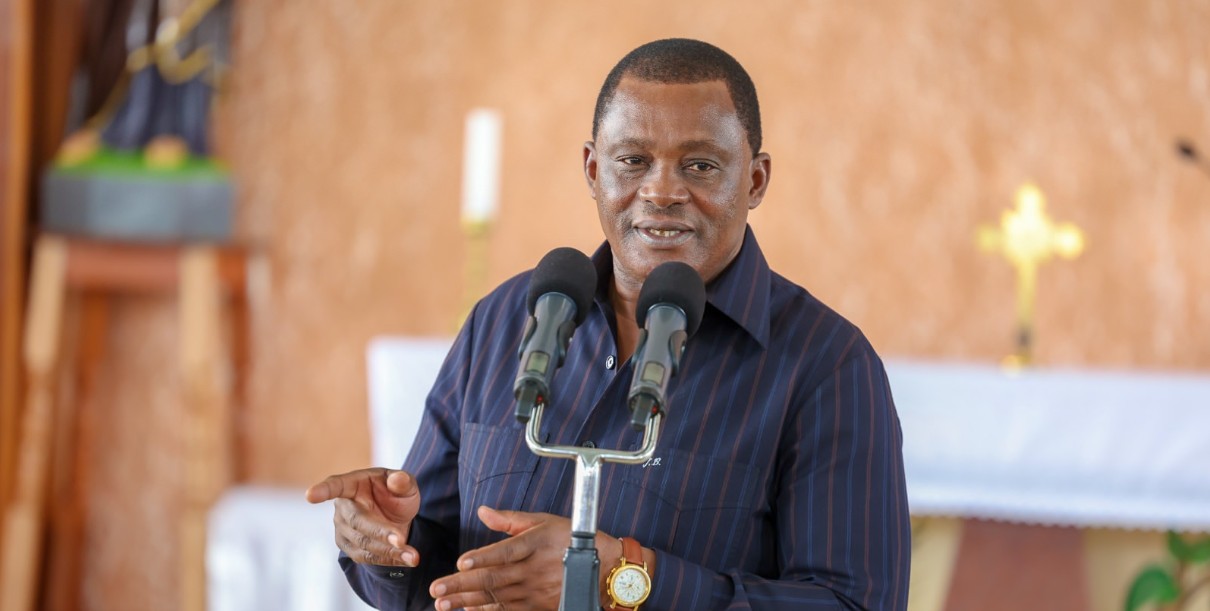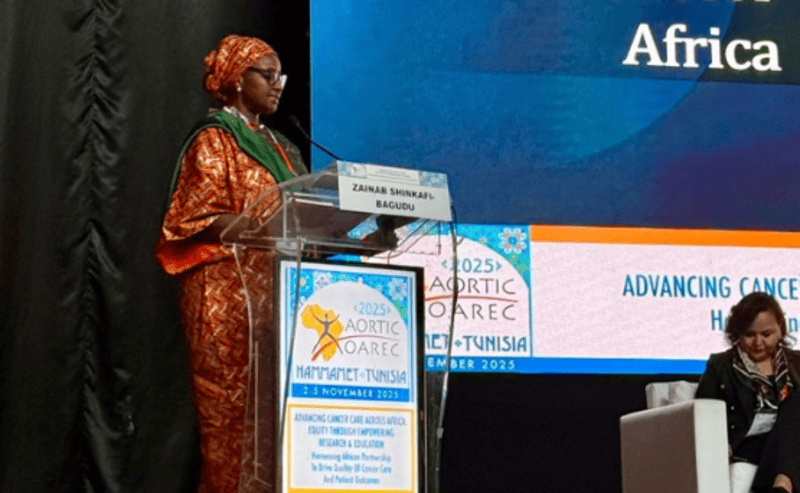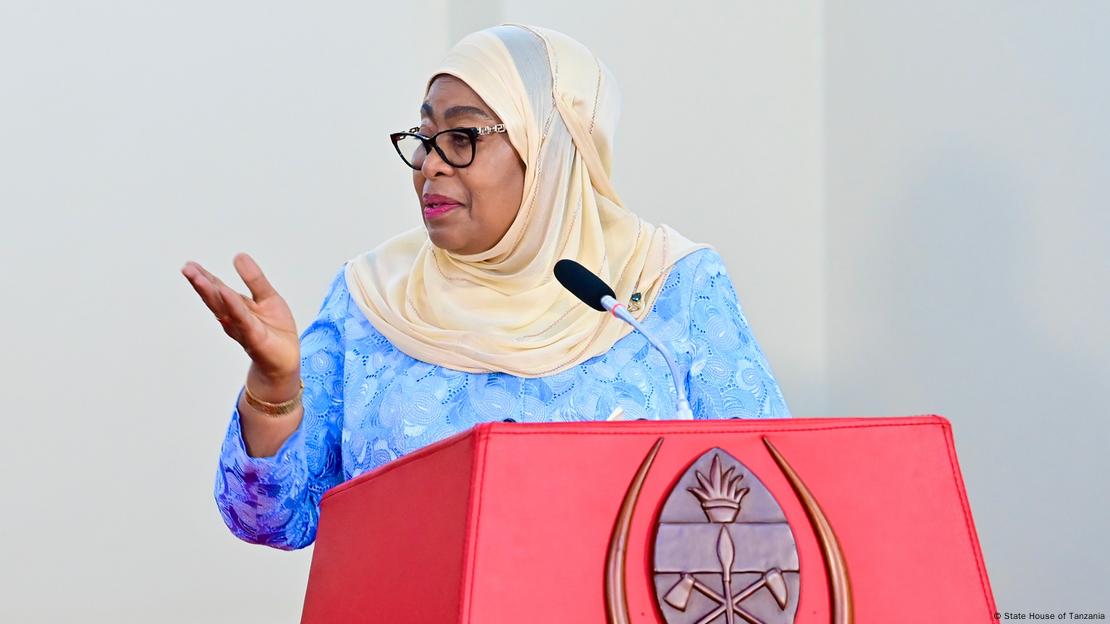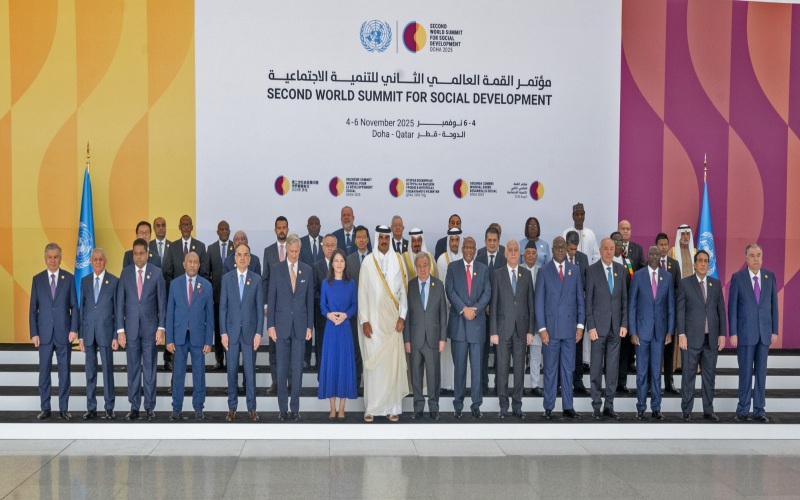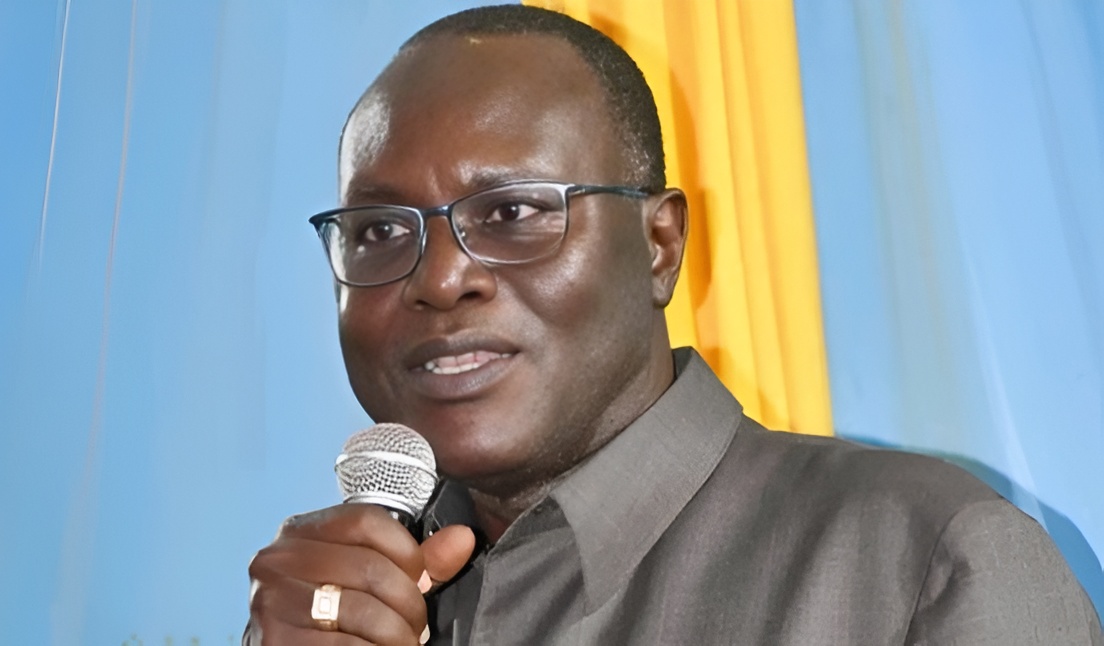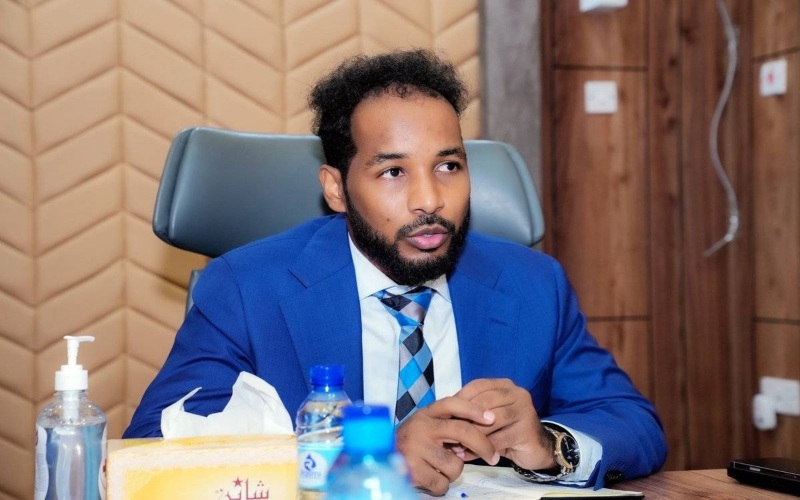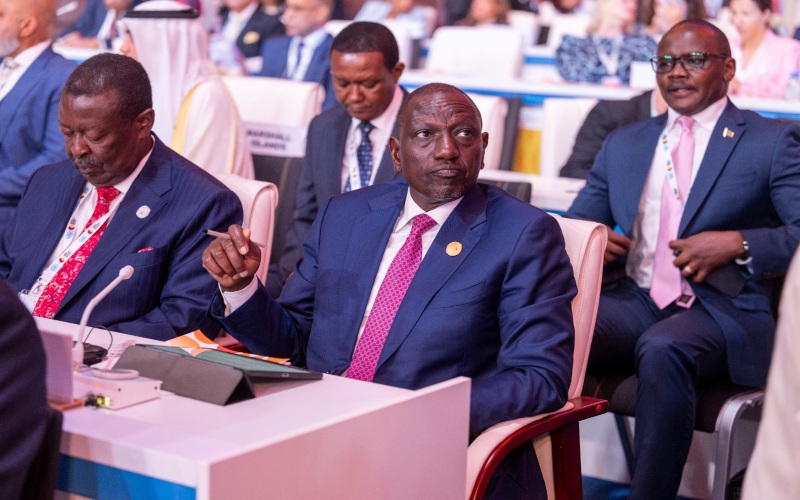Kenya and UAE to sign comprehensive agreement during Emirati's president visit
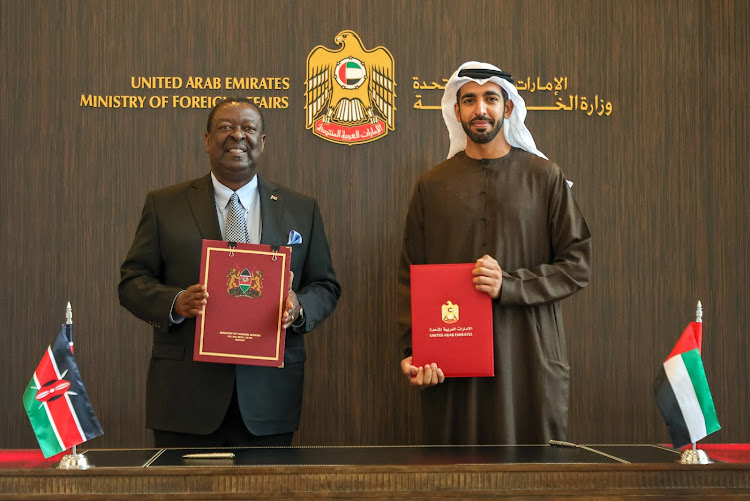
Kenya and the UAE are strengthening their ties as Nairobi prepares to sign a Comprehensive Economic Partnership Agreement (CEPA) with Abu Dhabi during the upcoming state visit of Emirati President Sheikh Mohammed Bin Zayed Al Nahyan, the Foreign Office announced on Thursday.
Nairobi has intensified its engagement with senior government officials to finalise the draft document ahead of the bilateral agreements.
More To Read
- Jeremy Corbyn urges UK to halt arms sales to UAE over Sudan atrocities
- Unequal infrastructure slows county development, new index shows
- Etihad Airways to resume direct Abu Dhabi–Zanzibar flights in June 2026
- Stakeholders call for balance between technology and human values as trade summit opens in Mombasa
- East Africa to simplify cross-border travel and work through IGAD single visa initiative
- Fragmented economic integration dragging Africa’s harmonisation drive - report
This comes just weeks after Musalia Mudavadi returned from Abu Dhabi, where a Joint Commission for Cooperation (JCC) between the two countries took place.
Top diplomat Musalia Mudavadi has been engaging with officials from various Kenyan government institutions in preparation for the first Emirati state visit to Kenya in forty years.
"The CEPA Agreement will provide the necessary foundation for Kenya and the UAE to expand and deepen trade and investment ties and will underscore the strength of the growing bond between the two countries," read an X post from the Office of the Prime Cabinet Secretary after Thursday's meeting.
Kenya-UAE relations have accelerated significantly since President Ruto took over from Uhuru Kenyatta in September 2022.
The agreement, set to be signed at a yet-to-be-disclosed date, aims to build on the growing economic and trade momentum between the two countries and create new opportunities for economic cooperation.
Diplomatic relations between Kenya and the UAE began in 1982 when Kenya opened its embassy in the UAE, and the UAE reciprocated by establishing a mission in Nairobi in 2012.
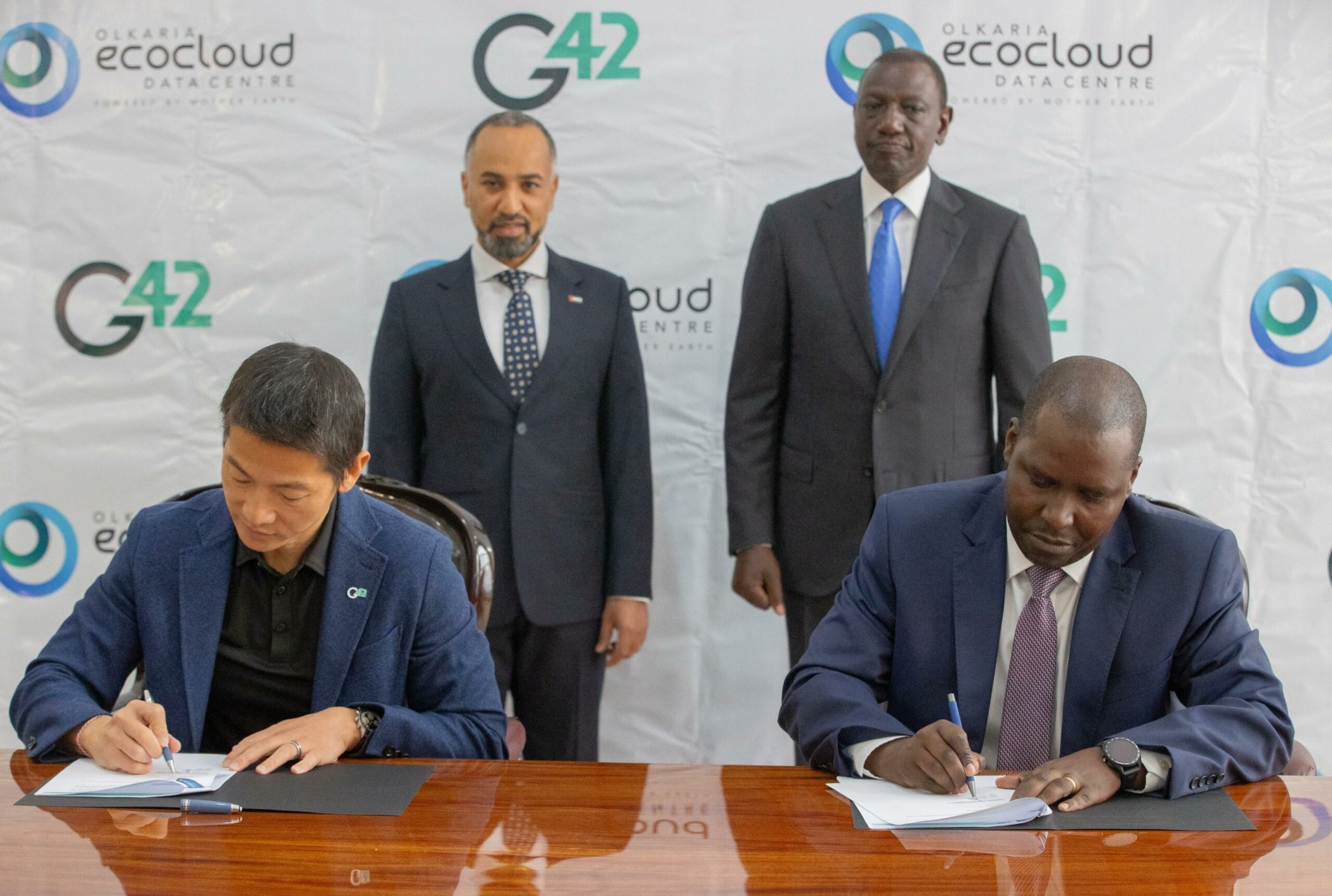 Kenya and the UAE sign an agreement on the construction of a data centre powered by geothermal energy in March 2024. (Photo: PCS)
Kenya and the UAE sign an agreement on the construction of a data centre powered by geothermal energy in March 2024. (Photo: PCS)Kenya and UAE sign an agreement on the construction of a data centre powered by geothermal energy in March 2024. (Photo: PCS)
President Daniel Moi made the first state visit by a Kenyan leader to the UAE in 1980, and the late Sheikh Zayed Bin Sultan Al Nahyan, the UAE's founding father, reciprocated in 1984.
Former Presidents Mwai Kibaki and Uhuru Kenyatta also made state visits to the UAE.
The UAE, seeking to expand its geopolitical influence, is increasingly asserting its presence in the Horn of Africa and across the continent, challenging the dominance of established players like the US and the BRICS nations, including India, Russia, and China.
Over the past decade, the UAE has emerged as one of the largest investors in Africa among GCC states, and it is the fourth-largest global investor in Africa, following China, Europe, and the United States.
According to real estate consultancy Knight Frank, in 2018 alone, the Abu Dhabi Fund for Development financed more than 66 projects in 28 African countries, valued at $16.6 billion. Between January 2016 and July 2021, the UAE invested $1.2 billion in sub-Saharan Africa, accounting for a staggering 88 per cent of the GCC's total investment in the region during that period.
Currently, Riyadh, Abu Dhabi, and, to some extent, Doha are competing for strategic influence and trade across the continent.
When Addis Ababa finalised a sea access agreement with Somaliland, a breakaway region of Somalia, Abu Dhabi had already exerted considerable influence in developing and expanding the Berbera port, highlighting the UAE's strategic interests in the Horn of Africa.
Analysts observed that the signing of the deal clearly demonstrated Abu Dhabi's influence. In May 2016, DP World, a maritime trade conglomerate based in Dubai, entered into a $422 million deal with the government of Somaliland to transform the port into a key regional trade hub.
In Kenya, the UAE is also interested in carbon markets, while in neighbouring Tanzania, DP World won a bid in late 2023 to upgrade and operate part of Dar es Salaam port.
These developments highlight the UAE's substantial commercial and security relationships in East Africa.
Top Stories Today
